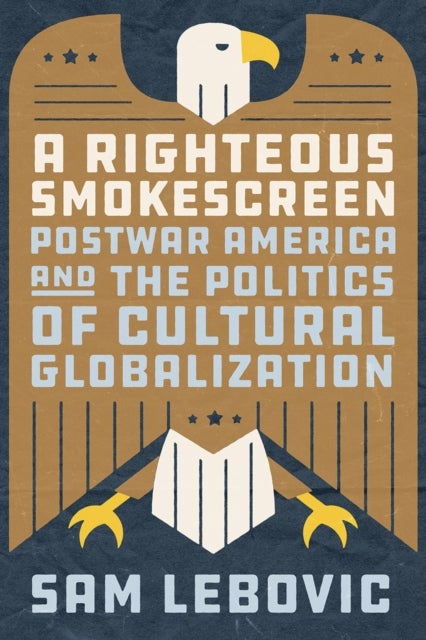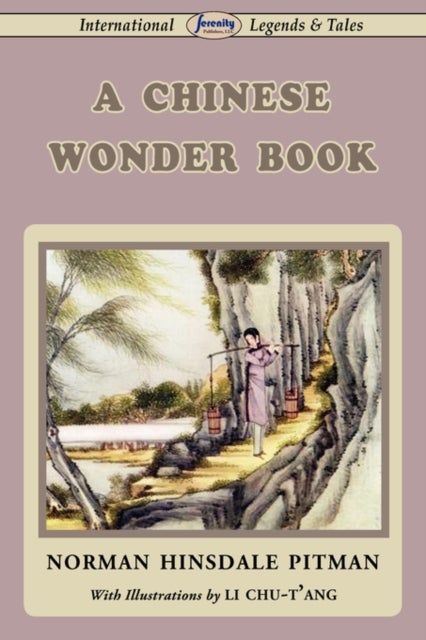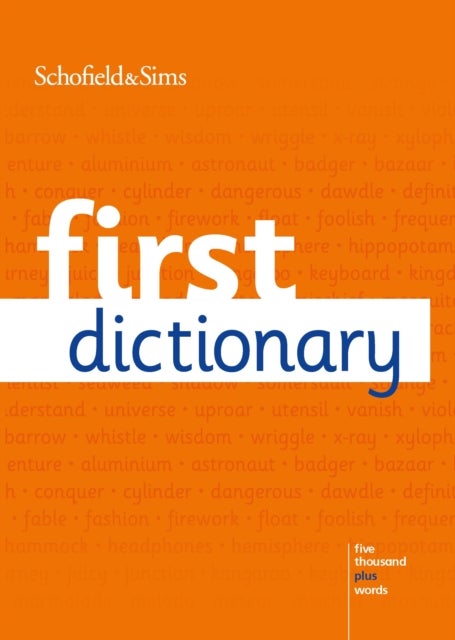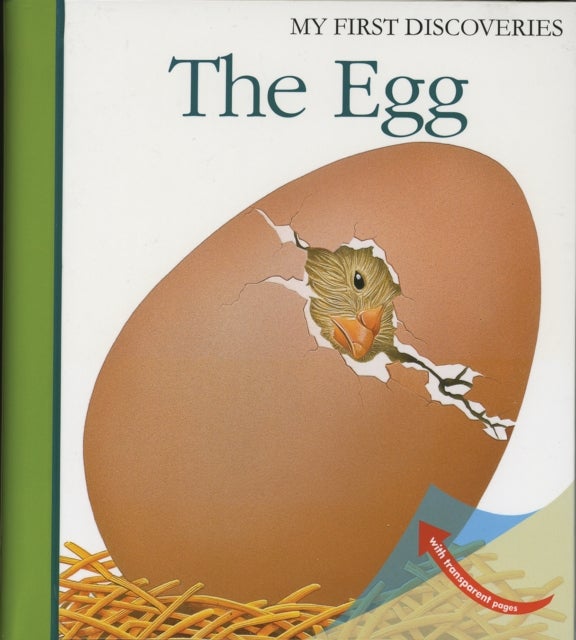
A Righteous Smokescreen av Sam Lebovic
399,-
An examination of how the postwar United States twisted its ideal of ¿the free flow of information¿ into a one-sided export of values and a tool with global consequences. When the dust settled after World War II, the United States stood as the world¿s unquestionably pre-eminent military and economic power. In the decades that followed, the country exerted its dominant force in less visible but equally powerful ways, too, spreading its trade protocols, its media, and¿perhaps most importantly¿its alleged values. In A Righteous Smokescreen, Sam Lebovic homes in on one of the most prominent, yet ethereal, of those professed values: the free flow of information. This trope was seen as capturing what was most liberal about America¿s self-declared leadership of the free world. But as Lebovic makes clear, even though diplomats and public figures trumpeted the importance of widespread cultural exchange, these transmissions flowed in only one direction: outward from the United States. Though oth








